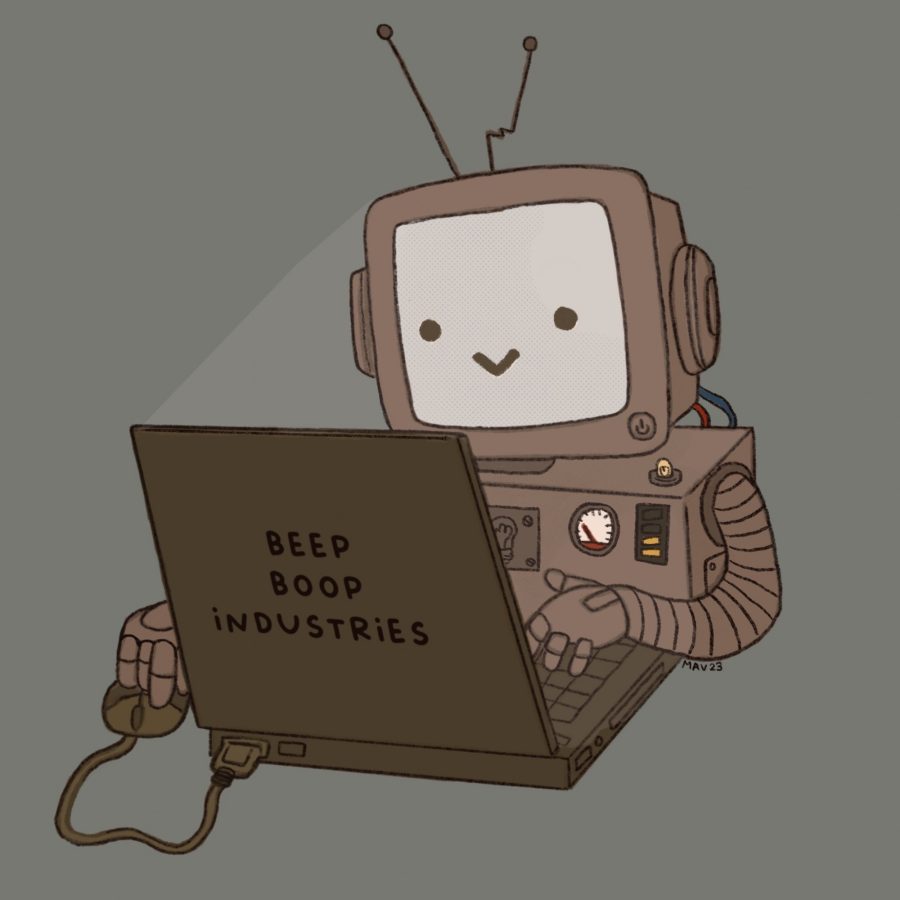 Those in the American left like to see themselves as champions of free speech battling against an increasingly authoritarian — fascist, even — right that has passed bills like the PATRIOT Act and supported the Citizens United ruling.
Those in the American left like to see themselves as champions of free speech battling against an increasingly authoritarian — fascist, even — right that has passed bills like the PATRIOT Act and supported the Citizens United ruling.
There is some truth to this conception. Those on the right further attempt to erode free speech with efforts to force Christianity into politics and government in clear defiance of the wills of the Founding Fathers with, for instance, public displays of the Ten Commandments and recent bills to stop the teaching of ostensibly unpatriotic AP U.S. History classes.
There is also truth to the argument that many of those who rally against “political correctness” are really complaining about being held accountable for the racism, sexism, Islamophobia and so forth that they espouse.
But this does not mean that there are not legitimate and profoundly important arguments against the recent rise of censorship coming from the left in America, particularly on university campuses.
The left has been largely responsible for the growth of so-called political correctness from righteous attempts to discredit bigoted opinions to a codification of speech rules that stifles legitimate opinions. It is not only the minority who are in danger of censorship; mainstream, even majority arguments and things formerly considered to be common sense or harmless jokes are increasingly causing their proponents to be silenced or punished.
For instance, Wendy Kaminer cites in The Washington Post that, during a university panel on free speech, of all things, “Smith [College] President Kathleen McCartney had joked, ‘We’re just wild and crazy, aren’t we?’ In the transcript, ‘crazy’ was replaced by the notation: ‘[ableist slur].’”
Is that really necessary? Are there enough, let alone any, people with mental illnesses who are so sensitive that the readership should be deprived of knowing what was actually said?
Worse yet, Kaminer relates that “the State Department had for a time banned the words ‘jihad,’ ‘Islamist’ and ‘caliphate’ — which the transcript flagged as ‘anti-Muslim/Islamophobic language.’” I can hardly imagine that a Muslim would object to someone saying, for instance, that the Islamic State is an Islamist group waging its flawed, violent conception of jihad to expand its self-proclaimed caliphate.
“You Islamophobic racist! You said ‘caliphate!’” said no one ever. It’s not like calling somebody the N-word. How did we go from trying to stop people from using legitimate slurs to banning the word “caliphate”?
The well-meaning desire to protect people from feeling victimized, unwelcome or even unsafe is now in danger of turning into some kind of purge or witch hunt of anyone who still has the courage to address difficult issues.
Those who dare to hold minority opinions are, of course, in greater danger. “A 2010 study by the American Association of Colleges and Universities of 24,000 college students and 9,000 faculty and staff members found that only 35.6 percent of the students — and only 18.5 percent of the faculty and staff — strongly agreed that it was ‘safe to hold unpopular positions on campus,”’ according to The New York Times.
Maybe there are limited occasions for which trigger warnings might be appropriate, but when we feel the need to warn people that somebody might say “crazy” or “caliphate,” marginalized groups are infantilized, and efforts to address issues of oppression and privilege will not be taken seriously.
Likewise, there are times when “safe spaces” are appropriate — events to which only women are invited, for instance. But when legitimate, even mainstream opinions about policy or theory that might actually challenge somebody intellectually are considered to be unsafe, the academic freedom of our universities is in mortal danger.
Screeds against so-called political correctness have long been a right-wing trope used to absurdly criticize efforts to fight rape culture, racism and other harmful ideologies and defend retrograde discrimination as immune from criticism, and perhaps this has drowned out legitimate concerns.
It is time that forward-thinking people realize that trigger warnings, “safe spaces” and the like are beginning to devolve into a vicious circle of censorship that will strangle necessary debate on difficult issues and only prevent real progress. Universities, increasingly complicit by enacting Orwellian speech codes, need to do their part and protect free speech on campus. If they do not, government needs to intervene; free speech should be protected more, not less, on public universities.
_______________
Martin Forstrom is a senior studying sociology and Latin American studies. Follow him on Twitter.








